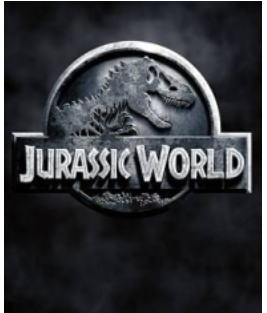Sundance Film Festival
Photo by Travis Wise
The world-renowned Sundance Film Festival has long been a starting point for aspiring filmmakers, pushing many small directors to prominence through the showcasing of their indie productions.
Ryan Coogler, the director of Creed and the upcoming (and much anticipated) Marvel movie Black Panther, is one such example. In 2013 his written and directed film Fruitvale Station debuted in the festival at Park City, acting as his first ever professional film. It was received with praise from critics and the community alike, attaining awards such as “The Grand Jury Prize” and “Audience Award for U.S. Dramatic Film”.
The festival, though, is just as committed to its films as to its directors. Known for its independent content, its productions often go on to get Oscar nominations and awards. Many of this year’s nominees originated from the festival. Jordan Peele’s movie Get Out has been nominated in four separate categories, Luca Guadagnino’s Call Me By Your Name in three, and Michael Showalter’s The Big Sick in one. Huffington Post anticipates that although 2017 offered a plethora of Oscar nominations, the 2018 season will “supply fewer breakouts than previous years.”
The point of the event, of course, is to tell stories, and the nature of the festival often plays documentaries that would otherwise not be seen on the big screen. Beyond the “groundbreaking” documentaries you’ve heard of, such as Al Gore’s An Inconvenient Truth, there are documentaries shown that tell smaller stories that don’t necessarily garner the same attention. One documentary of the 2018 season, 306 Hollywood, tells the story of what objects say about their owners. Getting its name from the main subjects address, two siblings undergo an “archeological dig” of their late grandmother’s house to try to recover what they can of a lost loved one. During their expedition, they use their grandmother’s possessions to come to terms with her death and find the closure they were looking for.
For 33 years the festival has been doing its part in nurturing America’s cinema, giving Utah a stake in its direction. It has transformed the lives of small directors, told stories that otherwise would not have been told, and influenced large-scale award ceremonies across the nation.

Ben Lyons, a new member of the newspaper team, has found the opportunity of reporting to and about the...






